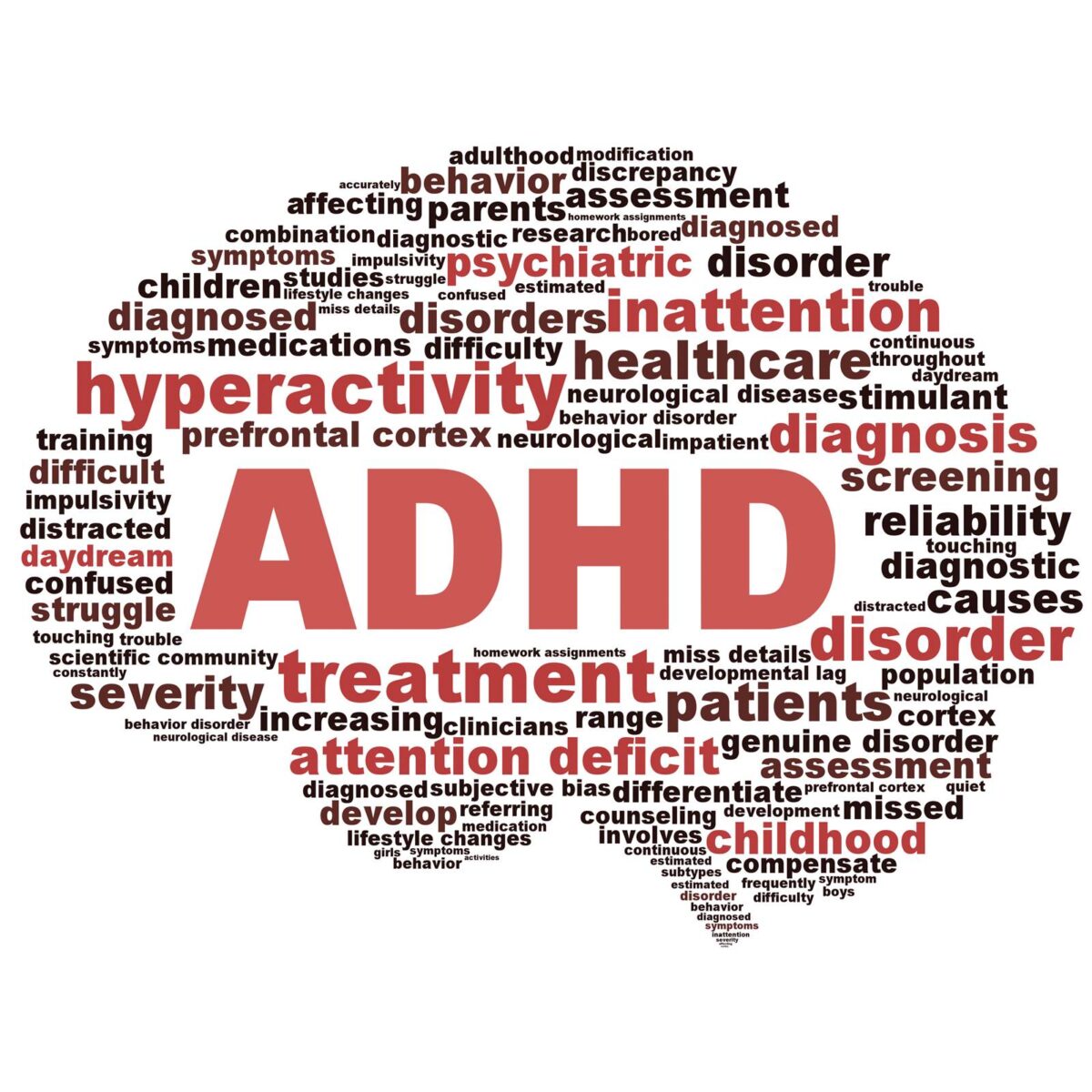Parenting a teenager can be challenging on its own, but when your teen has ADHD (Attention Deficit Hyperactivity Disorder), the journey may seem even more daunting. ADHD can impact various aspects of a teenager’s life, from academic performance to social interactions and emotional regulation. However, with the right support and strategies, parents can help their teens thrive despite the challenges posed by ADHD. In this article, we’ll explore some supportive approaches for parenting teens with ADHD.
Recognizing ADHD
Before delving into specific strategies, it’s essential to have a basic understanding of ADHD. ADHD is a neurodevelopmental disorder characterized by difficulties with attention, hyperactivity, and impulsivity. Teens with ADHD may struggle with staying focused, completing tasks, and controlling their impulses. Additionally, they may exhibit restless behavior and have difficulty in organizing tasks and activities.
It’s crucial to recognize that ADHD is not a result of poor parenting or a lack of intelligence. It’s a complex disorder with biological and environmental factors at play. Understanding this can help parents approach their teen’s challenges with empathy and patience.
Building a Supportive Environment
Creating a supportive environment is key to helping teens with ADHD thrive. This involves establishing clear routines and structures at home. Consistent schedules can help teens know what to expect and reduce feelings of overwhelm. Encourage your teen to use planners or digital apps to keep track of assignments, activities, and appointments.
Setting up a designated study area free from distractions can also aid in improving focus and productivity. Minimize clutter and noise in this space to help your teen concentrate better. Additionally, consider using tools such as noise-canceling headphones or white noise machines if your teen is easily distracted by auditory stimuli.
Effective Communication
Communication is essential in any parent-teen relationship, but it’s especially crucial when parenting a teen with ADHD. Be sure to maintain open lines of communication with your teen and actively listen to their concerns and struggles. Validate their feelings and offer support without judgment.
When discussing expectations or addressing behavior issues, be clear and concise. Break tasks or instructions into manageable steps and provide frequent feedback. Avoid using vague or ambiguous language, as this can lead to confusion for teens with ADHD.
Encourage Independence
While it’s important to provide support, it’s also essential to encourage independence in teens with ADHD. Help your teen develop self-management skills by involving them in decision-making processes and problem-solving activities. Teach them strategies for managing their time, organizing tasks, and regulating their emotions.
Allowing your teen to take ownership of their responsibilities can boost their confidence and self-esteem. Offer praise and positive reinforcement for their efforts, even if they don’t always succeed. Celebrate small victories and provide encouragement during setbacks.
Promoting Healthy Habits
Maintaining a healthy lifestyle is beneficial for all teens, but it’s especially important for those with ADHD. Encourage your teen to prioritize activities that promote physical and mental well-being, such as regular exercise, adequate sleep, and healthy eating habits.
Physical activity can help reduce hyperactivity and improve focus in teens with ADHD. Encourage your teen to participate in sports or other physical activities they enjoy. Additionally, ensure they’re getting enough sleep each night, as sleep deprivation can exacerbate ADHD symptoms.
A balanced diet rich in fruits, vegetables, lean proteins, and whole grains can also support brain function and overall health. Minimize the consumption of sugary snacks and processed foods, as these can contribute to fluctuations in energy levels and mood.
Looking for Expert Assistance
Despite your best efforts, parenting a teen with ADHD can still be challenging at times. Don’t hesitate to seek professional support when needed. A mental health professional, such as a therapist or counselor, can provide additional guidance and support for both you and your teen.
Medication may also be a component of your teen’s treatment plan, especially if their ADHD symptoms significantly impact their daily functioning. Consult with a qualified healthcare provider to explore medication options and determine what’s best for your teen.
In Conclusion
Parenting a teen with ADHD requires patience, understanding, and flexibility. By creating a supportive environment, fostering effective communication, promoting independence, encouraging healthy habits, and seeking professional support when needed, you can help your teen navigate the challenges of ADHD and reach their full potential. Remember that every teen is unique, so be willing to adjust your approach based on your teen’s individual needs and preferences. With love, patience, and perseverance, you can empower your teen to thrive despite the challenges of ADHD.
